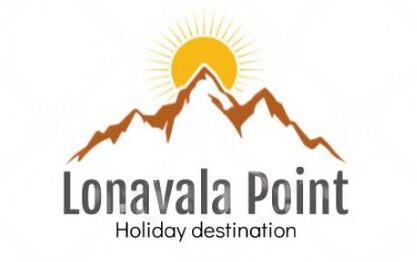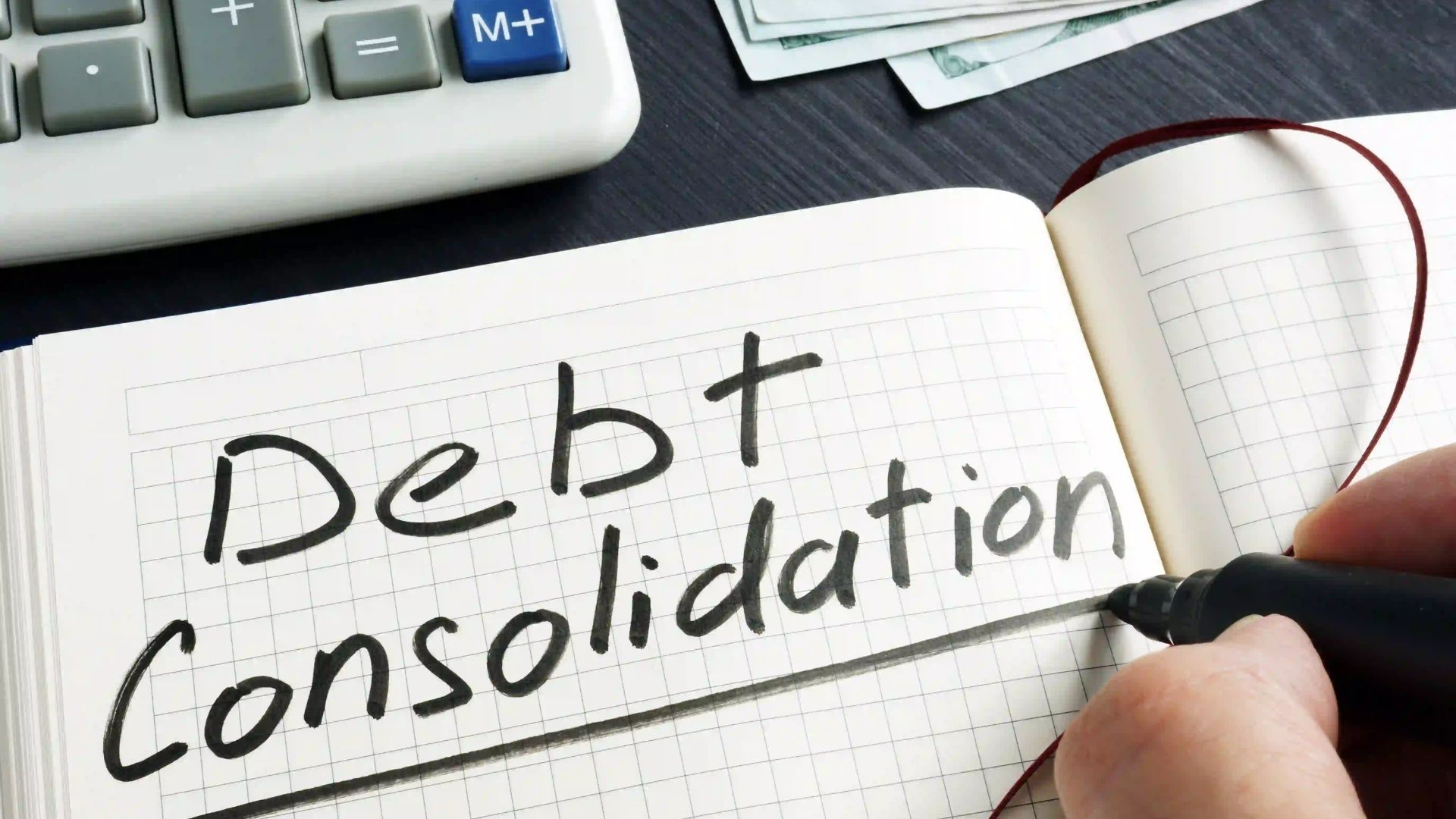Introduction
Debt can be a major source of stress and financial strain. If you’re juggling multiple high-interest debts, debt consolidation loans might be the lifeline you need. But what exactly are debt consolidation loans, and how can they help you regain control of your finances? Let’s dive in and explore the world of debt consolidation loans, their benefits, types, and how to choose the best one for your needs.
Understanding Debt Consolidation Loans
Debt consolidation loans are designed to simplify your financial life. Essentially, they allow you to combine multiple debts into a single loan with one monthly payment. This can make managing your debt much easier and, in many cases, save you money on interest.
Debt consolidation loans work by paying off your existing debts and replacing them with a new loan. This loan typically comes with a lower interest rate and more favorable terms, making it easier to pay off your debt over time.
Benefits of Debt Consolidation Loans
There are several benefits to consolidating your debt, including:
- Simplified Payments: With only one monthly payment to worry about, managing your finances becomes much easier.
- Lower Interest Rates: Consolidating high-interest debts into a loan with a lower interest rate can save you money in the long run.
- Improved Credit Score: By reducing your overall debt and making consistent, on-time payments, you can improve your credit score over time.
Types of Debt Consolidation Loans
There are various types of debt consolidation loans to consider:
- Unsecured Personal Loans: These loans do not require collateral and are based on your creditworthiness.
- Secured Loans: These require collateral, such as a car or house, and often come with lower interest rates.
- Balance Transfer Credit Cards: These cards offer low or 0% interest rates for a limited time on transferred balances.
- Home Equity Loans: These loans use your home as collateral and can offer lower interest rates.
How to Choose the Best Debt Consolidation Loan
Choosing the right debt consolidation loan requires careful consideration of your financial situation. Here are some steps to help you make the best choice:
- Assess Your Financial Situation: Understand your total debt, interest rates, and current monthly payments.
- Compare Interest Rates: Look for loans with lower interest rates than your existing debts.
- Check Loan Terms and Conditions: Ensure you understand the repayment terms, fees, and any potential penalties.
Top Providers of Debt Consolidation Loans
When it comes to finding the best debt consolidation loan, it’s important to consider reputable lenders. Here are some top providers:
- SoFi: Known for low rates and flexible terms.
- Marcus by Goldman Sachs: Offers no-fee personal loans.
- Discover: Provides personal loans with fixed rates.
- Avant: Specializes in loans for those with fair credit.
Best Debt Consolidation Loans for Excellent Credit
If you have excellent credit, you have access to the best rates and terms. Consider lenders like:
- LightStream: Offers very low rates and no fees.
- SoFi: Provides benefits like unemployment protection.
Best Debt Consolidation Loans for Good Credit
Those with good credit can still find great options. Recommended lenders include:
- Marcus by Goldman Sachs: No-fee loans with competitive rates.
- Payoff: Focuses on consolidating credit card debt.
Best Debt Consolidation Loans for Fair Credit
Even with fair credit, you have viable options. Consider:
- Avant: Provides loans specifically for fair credit.
- Upgrade: Offers flexible terms and quick funding.
Best Debt Consolidation Loans for Bad Credit
If you have bad credit, don’t lose hope. Some lenders cater to your needs:
- OneMain Financial: Offers secured and unsecured loans.
- LendingPoint: Specializes in loans for lower credit scores.
How to Apply for a Debt Consolidation Loan
Applying for a debt consolidation loan involves several steps:
- Check Your Credit Score: Know where you stand before applying.
- Gather Necessary Documents: This may include proof of income, identification, and details of your debts.
- Compare Lenders: Shop around for the best rates and terms.
- Submit Your Application: Provide all required information accurately.
Pros and Cons of Debt Consolidation Loans
Before you decide, weigh the pros and cons:
Pros:
- Simplified payments
- Potentially lower interest rates
- Possible credit score improvement
Cons:
- Fees and costs
- Risk of losing collateral (for secured loans)
- May not address underlying financial issues
Debt Consolidation vs. Other Debt Relief Options
It’s important to compare debt consolidation to other debt relief options:
- Debt Settlement: Negotiates to reduce your debt, but can hurt your credit score.
- Bankruptcy: Offers a fresh start but has long-term credit implications.
- Debt Management Plans: Involves working with a credit counselor to create a repayment plan.
Tips for Managing Debt After Consolidation
Once you’ve consolidated your debt, follow these tips to stay on track:
- Create a Budget: Ensure you can make your monthly payments.
- Avoid New Debt: Focus on paying off your consolidation loan before taking on new debt.
- Monitor Your Credit Score: Regularly check your credit report for accuracy.
Conclusion
Debt consolidation loans can be a powerful tool for managing and reducing your debt. By understanding the types of loans available, how to choose the best one, and how to manage your debt after consolidation, you can take control of your financial future. If you’re struggling with multiple debts, consider a debt consolidation loan as a viable solution.
FAQs
- What credit score is needed for a debt consolidation loan? Most lenders prefer a credit score of 650 or higher, but options are available for those with lower scores.
- Can I consolidate my debt if I have bad credit? Yes, some lenders specialize in loans for those with bad credit, though terms may be less favorable.
- How long does it take to get a debt consolidation loan? The process can take a few days to a few weeks, depending on the lender and your financial situation.
- Are there fees associated with debt consolidation loans? Some loans may have origination fees, late payment fees, or prepayment penalties. Always read the fine print.

